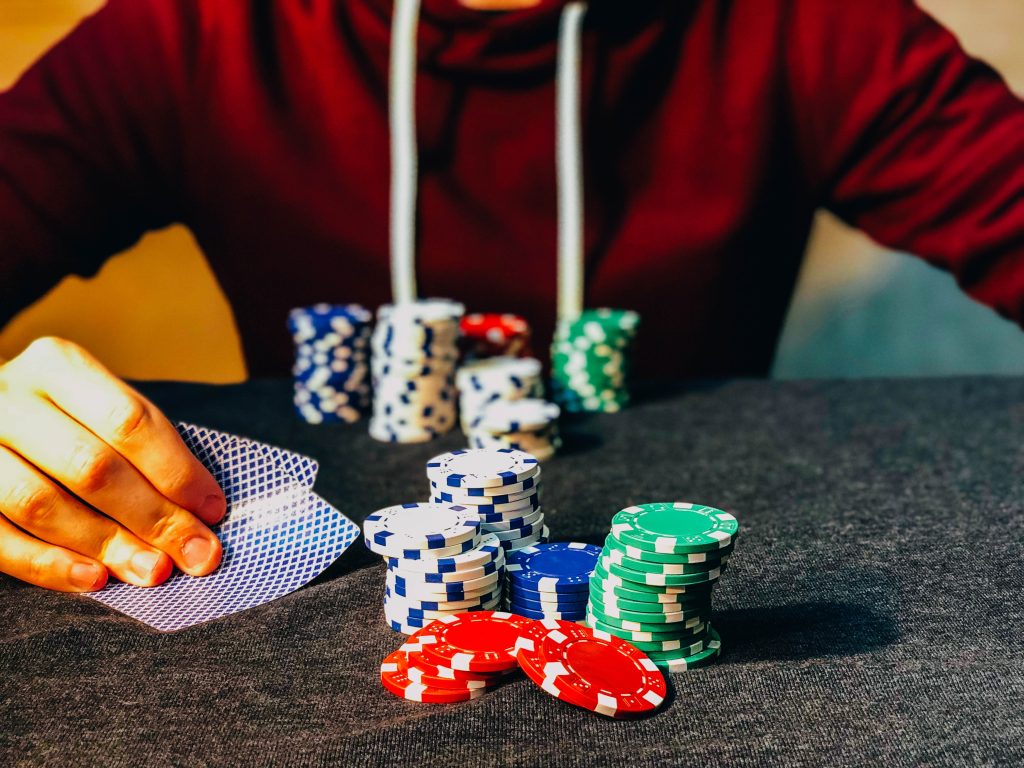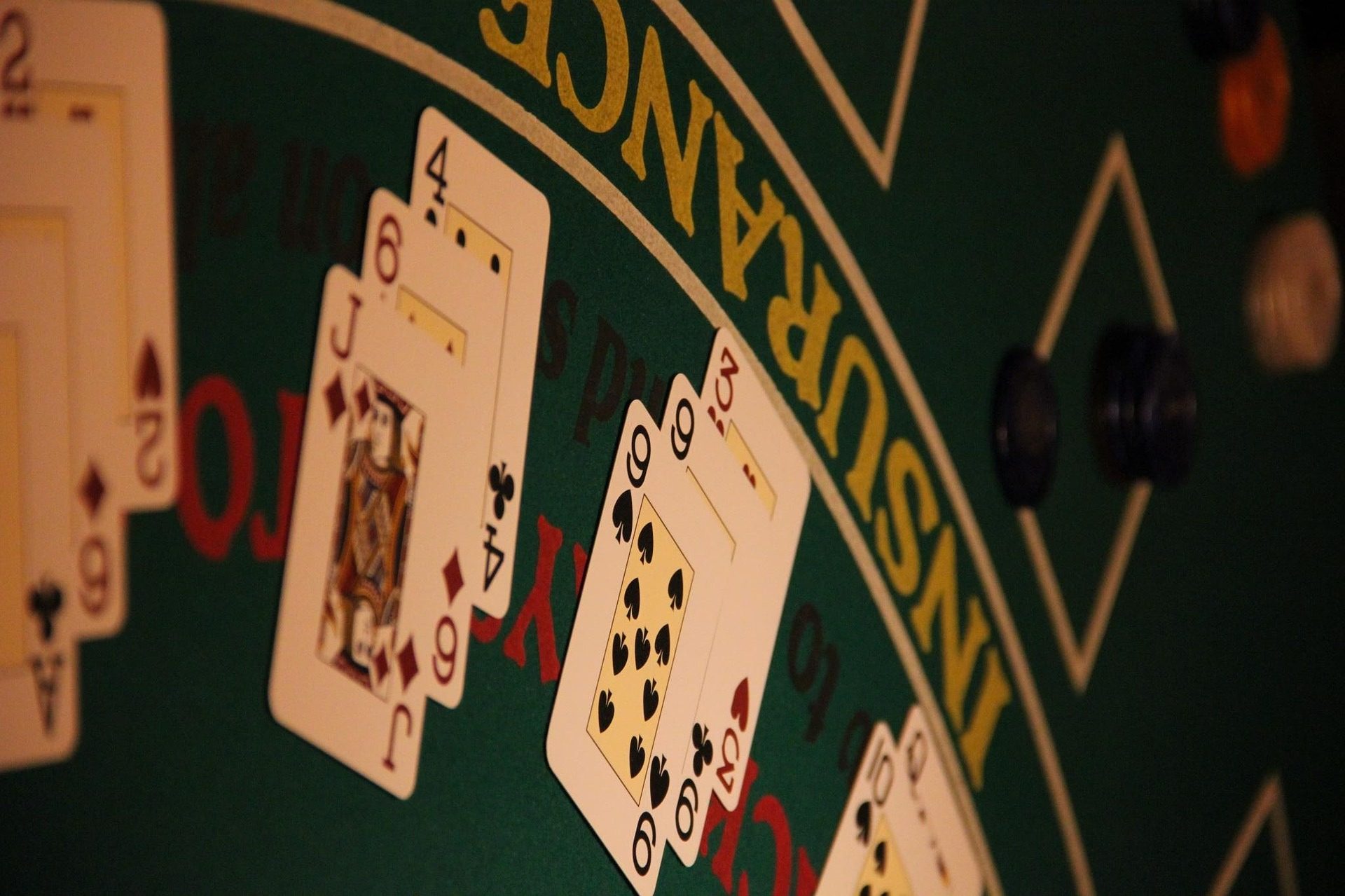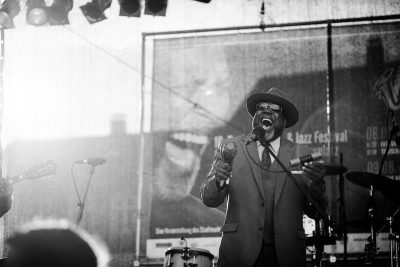At the end of October 2012, the Fiscal Court in Cologne ruled that poker players must pay income tax on the winnings they make in poker tournaments. This was a black day for poker players, because until this date, poker was a game of chance, like lotto, and was therefore considered tax-free. However, this only works if luck alone decides whether a game ends in victory or defeat.
A few years later, the Münster Fiscal Court ruled that winnings from poker are not only subject to income tax, but also to sales tax. These two rulings were then reviewed by the Federal Fiscal Court, the highest fiscal court in Germany for tax matters. The Federal Fiscal Court ruled that the judges in Cologne had judged correctly and that winnings from poker are subject to tax. They therefore confirmed that “winnings from participation in poker tournaments can be subject to income tax as income from business operations.” The Federal Fiscal Court thus follows the 2012 decision from Cologne.
Hobby players play tax-free
The reasoning is that in poker, prize money is won thanks to the skill of the player and not by chance. The victory is therefore dependent on the skill of the player. Thus, poker does not count as a game of chance, but it is a game of skill. In poker, the game is usually decided in favor of the player who has the best psychological and analytical skills.
According to the tax court, poker players are only liable to pay taxes if they have successfully participated “for years in renowned tournaments endowed with high prize money”. Only then are the winnings taxable, judges have ruled. In the case of a hobby player, however, who won more by chance, the poker winnings remain tax-free.
Poker profits are exempt from sales tax

In the case in which the judges from Münster decided that poker winnings are subject to sales tax, the following event occurred: a poker player had participated in online poker events and in cash games over a period of at least nine years. He made a part of his living with these prize money, which he won at poker tournaments. In order to participate in these tournaments, he had to take unpaid leave from his employer. The profits from the Pokerturnieren were not indicated by it in the income tax return.
The poker player was noticed because there was a video interview about him. Thereupon a tax audit was ordered. Since there were no written records, the officials estimated the turnover of the player. The player filed a lawsuit against this procedure, but the lawsuit was rejected by the judges in Münster. They judged that by the tournament participation the Pokerspieler furnished a achievement. In addition, there was an intention to make a profit, because he wanted to win money. For this reason, the poker player was a normal entrepreneur and sales tax was due.
The Federal Court of Justice ruled in August 2017 that poker players do not have to pay sales tax on their winnings from games. The decision was justified by the fact that the winnings are not paid out for the fact that the poker player participates in the tournaments, but rather for achieving a result in a competition. Accordingly, no sales tax is due because the poker player is not an entrepreneur.
The situation would be different if the tournament organizer paid the player for participating in the tournament. Even if poker winnings are not subject to VAT, they are still taxable and therefore income tax must be paid. What has not been clarified is whether, now that poker players are treated as a commercial enterprise, they can also deduct the costs incurred from their income. This decision is still pending.
The effects for the Pokerspieler
With the decision of the judges, the ruling has an important significance for all professional poker players. Because all those who permanently sit at poker tables or participate in tournaments and thereby achieve profits through their skills, must pay tax on these. And not only when the tax office finds out about it, but at the time when playing goes beyond the hobby level and is professional.
Therefore, it is important to continuously check at what point the tax office could assume a trade. In our experience, this is the case, for example, if no other profession is exercised and the livelihood is earned either entirely or at least predominantly with poker. However, if the poker player pursues a professional activity and earns only a fraction of his income from poker, it cannot be assumed that he is a professional poker player.
Since the statute of limitations only occurs after four years and even three more years later if the player has not filed a tax return, caution is therefore advised. No one should wait until the tax office comes across him, because then it can be expensive, since several years retroactively the poker winnings can be retrospectively taxed. In addition, there is an annual interest that the tax office will add.
Conclusion earn money with online poker

If you want to play poker professionally, you have to meet some requirements. For example, a certain financial buffer belongs to it. Finally, it must be considered that there is not always regular income. If you want to find out what tips there are and who wants to earn money with online poker, you can find appropriate tips in a forum.
Income from poker must be taxed if it is a commercial activity. This is the case when the poker game is played with the sole intention of earning a living and thus making a profit. Each individual case is considered differently. If there is an intention to make a profit, but the player still makes losses, it is still a taxable activity.
The problem is that the tax office can still tax the profits from a poker tournament many years after the event. In addition, as a rule, interest is also charged at a rate of 6% per year.





Recent Comments